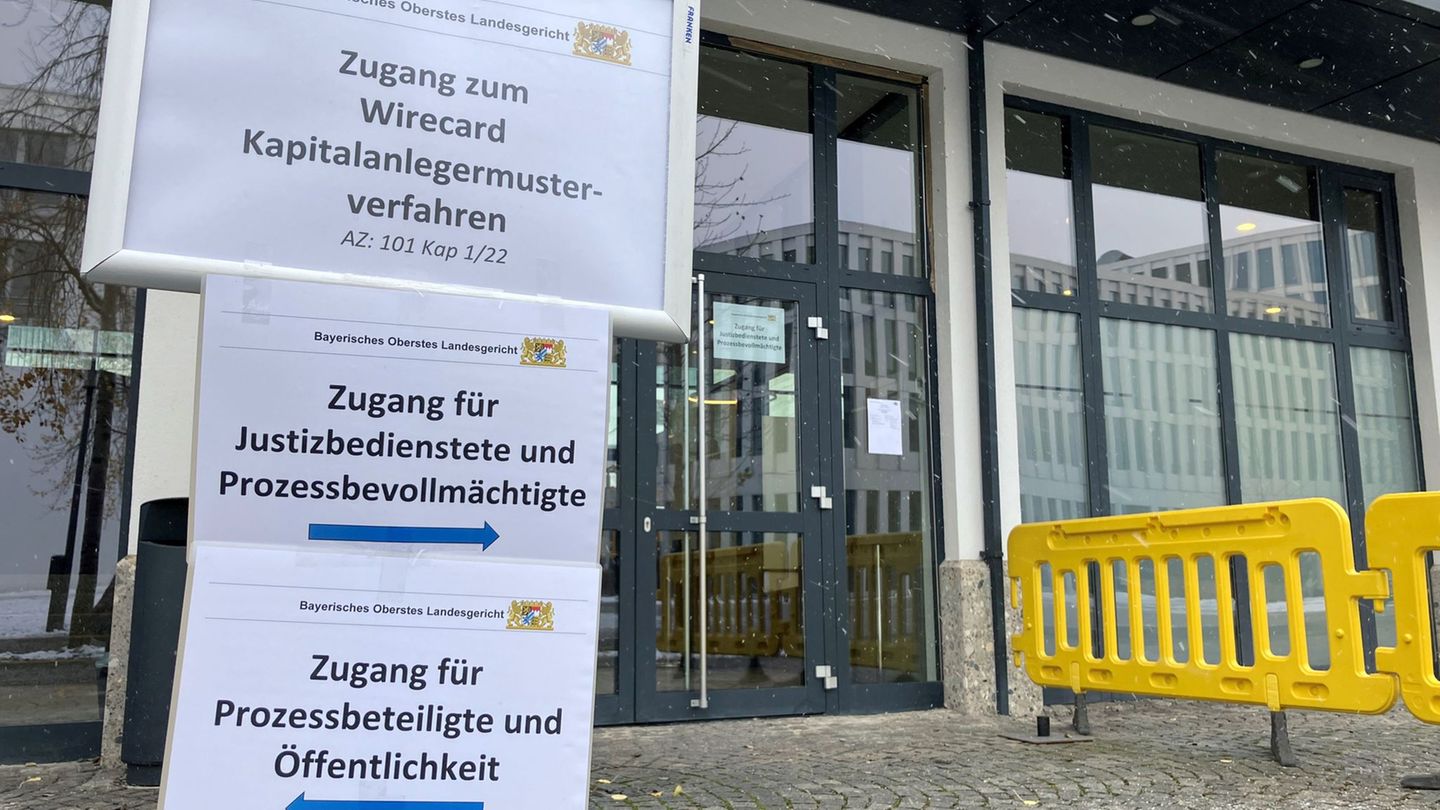Two recent rulings, whose discussion in substance is partially analogous, reveal the collection inability of active subjects to comply with the law when they attempt to delegate to third parties the collection of their own income (lighting rates on the one hand and union dues on the other). . Here emphasis is placed on the similarities and effects of both rulings.
- Municipality of Pilar c/ Min. of Economy of the Nation and the jurisprudence of the Supreme Court.
In the case, the Municipality ordered the incorporation in the invoices issued by the service provider to each individual user, of an amount that could eventually represent an approximate amount of the cost of public lighting; The positions are supposedly expressly authorized by provincial law No. 10740. According to the ruling by application of the principle of municipal autonomy, a “retention agent” could be appointed without the need for provincial and/or national legislative endorsement. (1)
It does not seem possible that a provincial law invades the communal sphere by establishing the method of collecting municipal taxes nor that the communes are authorized (as will be seen below) to deal with issues that are prohibited to the provinces. Secondly, it confuses “perceptions” with “retentions”, an issue that is already doctrinally over.
The ruling, by granting the protection, affirms the supposed broad communal power to create municipal taxes (sic) or the possibility of establishing the most suitable tools for their collection that ensure their purpose to conclude “that the interference in the local level of a Resolution emanating from the Ministry of Industry and Commerce of the Nation, clearly violates the right of property (sic) of the municipality, violating its autonomy with regard to the power to collect, protected by local regulations that have done so legislated.” The “perception” referring to electrical services extends to the “Rate for surveillance, inspection and development of undertakings for the provision of public gas service through networks.”
The municipal intention in that ejido lies in collecting taxes (since they do not have the characteristics of rates) through third parties and is not new: for example, closed neighborhoods that charge common expenses are obliged to collect local taxes from the owners due to the limitations demonstrated by the collection agencies in fulfilling their function.
Specifically regarding former public services, the local intention to outsource their collection is repetitive and was already limited at the time by the Supreme Court. In fact, years ago, through regulatory provision B 38/95 (Buenos Aires), a regime for collecting tax on gross income was created which established that those who sold or provided goods or services had to add 2% to their invoices and In the case of non-registered users, a rate of 15% for the collection of Gross Income Tax.
At that time, the national regulatory entity maintained that the inclusion of the perception in the rate was contrary to the energy regime because it ignored federal powers, violating art. 31 of the Constitution and frustrated the policy designed by the national authority on the basis of efficient and reasonable provision of service and tariff uniformity. The Court accepted the complaint about local interference, shared the foundations of the ENRE; It denied the local claim and ratified the competence of the national authorities over energy matters in relation to the billing of consumption, prohibiting provincial perception. (2)
- Quotas, blocking of production plants and tax deductibility of payments to unions.
Here we discuss a case conceptually analogous to the one mentioned above, not from a regulatory point of view but from a collection point of view.
Given the difficulty that the Union of Truck Drivers, Workers and Employees of Automotive Freight Transport, Logistics and Services had in receiving union dues (largely caused by the truckers’ refusal to join the union), Loma Negra, as a supplier company to the cement buyers who contracted the freight, was forced to pay a sum of money supposedly equivalent to the amounts owed by the transporters who had provided services to its clients.
In the ruling that reached the Court, the AFIP considered that the cement supplying company had not received any compensation from the union (which was true) and that the transport companies were the employers of the truck drivers who supposedly fell into the category. activity. Therefore, for the AFIP, the transporters were the debtors of any union differences in union and social work contributions paid by Loma Negra. Therefore, since there was no debt of its own, Loma Negra CIASA had assumed a liability that was not its own and consequently, it could not deduct its cancellation as an expense.(3)
Although it is not relevant to this comment (which deals with collection carried out through third parties outside the legal or contractual relationship), The Supreme Court admitted the deductibility of the expenditures made to lift the direct action measures that it was suffering under the doctrine of payments made in extortionate contexts.
Synthesis
Here we intended to make a conceptual parallel between two relatively analogous situations: in the first case, a municipality tries to have the eventual and hypothetical remuneration rates “received” (they are classified as “retained”) by the providers of public services (or where appropriate, condominium administrators) omitting the jurisprudence of the CSJ; In the second case, a union intends to collect the union fee of truck drivers hired by clients from the supplier manufacturer by blocking access to the manufacturing plants.
In our opinion, in both cases when payments by unrelated third parties of sums of money are required in anomalous ways (which may or may not be related to the cause of the requirement), both the lack of cause for the obligation and the deterioration are evidenced. of the ability to collect by the active subjects.
Public accountant. Tributary. Consultant
(1) Campana Federal Court; Expt. No. 24358/2024; Mun. de Pilar c/ Min. Economy of the Nation – Secretary of Industry and Commerce under protection of law 16,986.
(2) Empresa Distribuidora Sur SA c/ Buenos Aires, Province of and another without protection. May 27, 2004. E. 46. XXXIII. ORIGINAL. On the same date, Edenor SA obtained a similar ruling.
(3) Loma Negra CIASA v DGI without direct appeal from an external organization (National Court of Justice, 7/8/24; CAF 55367/2019/1/RH1. Complaint Appeal No. 1). Commented on “Earnings. Blockade of productive plants. Deduction of sums paid in conciliation agreement” by Horacio Ziccardi and Carolina Calello ERREPAR Tax Doctrine (DTE). 09/16/2024.
Source: Ambito




